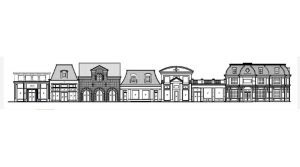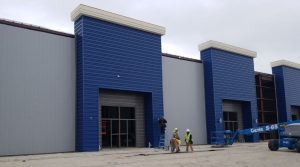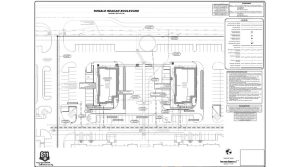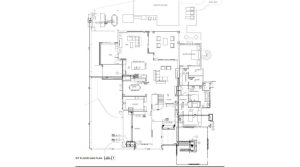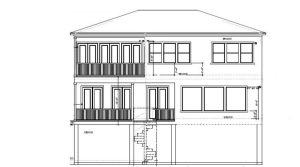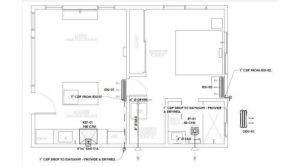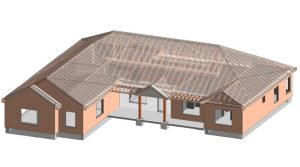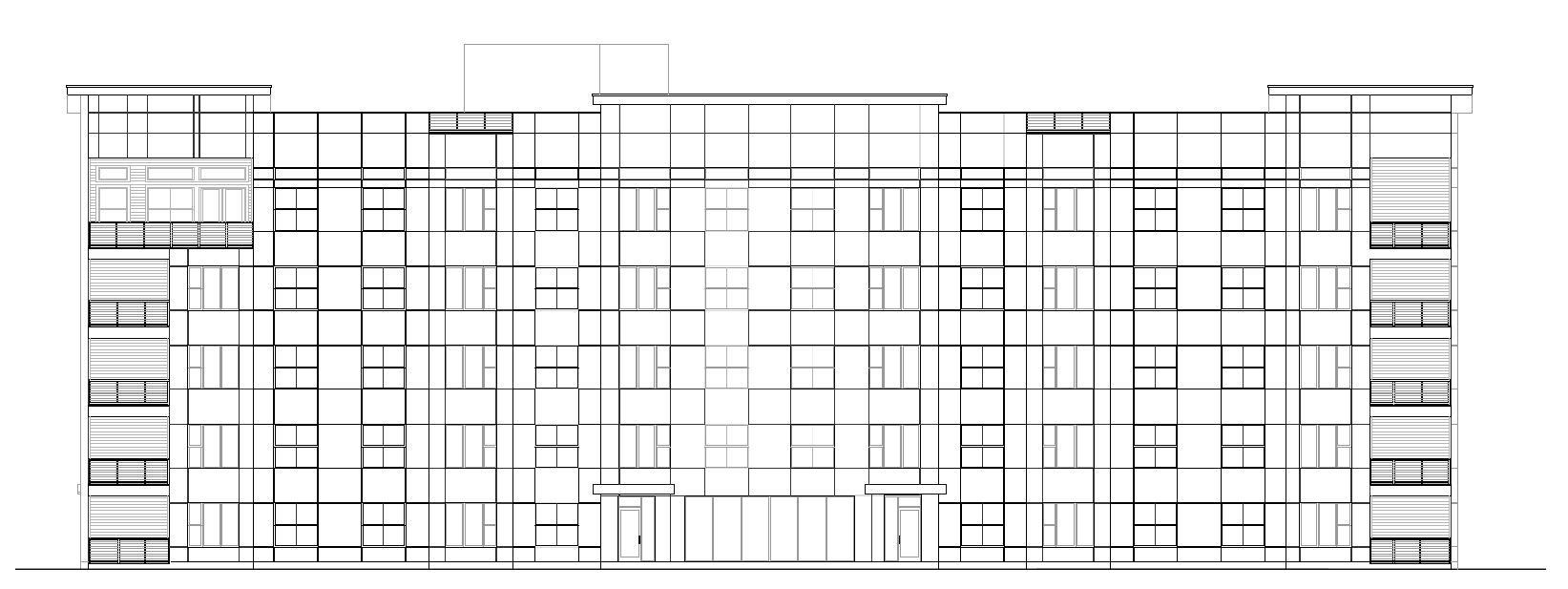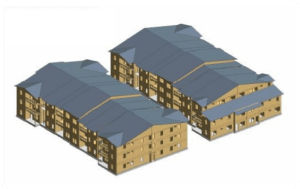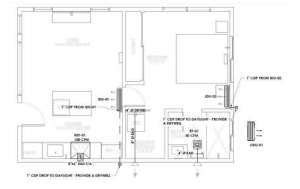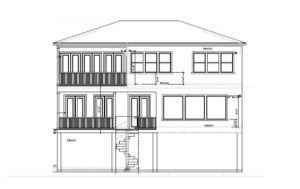The Critical Role of MEP Commissioning
In construction, the ultimate goal is to deliver a building that is functional, efficient, and safe. A key factor in achieving this is the proper setup and performance of mechanical, electrical, and plumbing (MEP) systems. To ensure they work as intended, these systems must go through a thorough review process called commissioning.
MEP commissioning confirms that each system component functions as designed. This process boosts energy efficiency, system performance, and occupant comfort. In this post, we’ll explore how commissioning enhances MEP systems, what the process involves, and why it’s vital to building success.
1. Introduction to MEP Commissioning
MEP commissioning plays a critical role in maximizing efficiency and ensuring optimal performance in building projects. In the construction industry, MEP (Mechanical, Electrical, and Plumbing) systems are the backbone of any structure, providing essential functions for comfort, safety, and functionality. Commissioning is the process of verifying and documenting that all MEP systems are designed, installed, tested, operated, and maintained according to the owner’s requirements and specifications.
Effective MEP commissioning involves a comprehensive approach that begins early in the project lifecycle and continues through design, construction, and occupancy stages. By systematically reviewing and testing systems, commissioning agents can identify and address issues before they impact building performance, resulting in improved energy efficiency, occupant comfort, and overall operational effectiveness.
2. Understanding the importance of MEP systems
MEP systems, which stand for Mechanical, Electrical, and Plumbing systems, are the backbone of any building or infrastructure. These systems are crucial for ensuring the functionality, safety, and sustainability of a structure. Mechanical systems encompass heating, ventilation, and air conditioning (HVAC), ensuring proper airflow and temperature control. Electrical systems provide power distribution, lighting, and fire alarm systems, essential for daily operations and safety. Plumbing systems handle water supply, drainage, and gas systems, necessary for sanitation and comfort.
Understanding the importance of MEP systems is vital for maximizing efficiency in any project. Properly designed, installed, and maintained MEP systems not only enhance the comfort and safety of occupants but also contribute to energy efficiency and cost savings. Commissioning these systems ensures that they are installed and operated correctly, meeting performance requirements and standards. By investing in MEP commissioning, building owners can prevent issues, reduce operational costs, and extend the lifespan of their systems.
3. What is MEP Commissioning and why is it critical?
MEP commissioning, which stands for Mechanical, Electrical, and Plumbing commissioning, plays a critical role in ensuring the efficient operation of building systems. This process involves rigorous testing, inspecting, and documenting the performance of these systems to verify that they function as intended.
In the construction industry, MEP commissioning is essential for identifying and resolving potential issues before a building becomes operational. By thoroughly examining the mechanical, electrical, and plumbing components of a structure, commissioning helps to optimize performance, improve energy efficiency, and enhance overall building functionality.
4. Benefits of MEP Commissioning for efficiency
Energy Efficiency: Commissioning identifies and fixes issues that lead to energy waste.
Reliability: It confirms that systems operate at their best from the start.
Cost Savings: Avoiding future repairs and downtime saves money.
Improved Performance: Fine-tuned systems deliver consistent, effective results.
5. The process of MEP Commissioning
MEP commissioning plays a crucial role in ensuring the smooth operation and efficiency of building systems. The process of MEP commissioning involves rigorous testing, inspection, and verification of mechanical, electrical, and plumbing systems to ensure they are designed, installed, and functioning correctly.
This meticulous process starts early in the design phase and continues through construction and occupancy. It involves detailed planning, coordination, and collaboration among various stakeholders, including designers, contractors, engineers, and building owners.
During MEP commissioning, systems are tested for performance, functionality, and compliance with design specifications and regulatory requirements. Any issues or discrepancies are identified, documented, and rectified to ensure optimal performance and energy efficiency.
6. Key components of MEP Commissioning
MEP commissioning plays a vital role in ensuring that building systems operate effectively and efficiently. There are several key components to consider when undertaking MEP commissioning to maximize efficiency in a building.
Firstly, one of the key components of MEP commissioning is testing and verifying the performance of mechanical systems. This involves assessing the functionality of HVAC systems, plumbing systems, and other mechanical components to ensure they are operating as intended and meeting design specifications.
Secondly, electrical systems play a crucial role in building performance and must be thoroughly tested during commissioning. This includes verifying the functionality of lighting systems, power distribution systems, and emergency power systems to ensure they are reliable and efficient.
7. Common challenges in MEP Commissioning
Common challenges in MEP (Mechanical, Electrical, Plumbing) commissioning can often hinder the efficiency of a project if not addressed effectively. One of the most prevalent challenges is coordination among different MEP systems and components. Ensuring seamless integration and proper functioning of mechanical, electrical, and plumbing elements can be complex, especially in large-scale projects where multiple systems need to work together harmoniously.
Another common challenge is the lack of clear communication among project stakeholders. Misunderstandings, misinterpretations, or lack of information sharing can lead to delays, errors, and inefficiencies in the commissioning process. It is crucial for all parties involved, including architects, engineers, contractors, and commissioning agents, to maintain open and transparent communication throughout the project.
8. Best practices for maximizing efficiency through MEP Commissioning
Start Early: Involve commissioning agents during the design phase.
Communicate Clearly: Keep all stakeholders aligned throughout the project.
Test Regularly: Ongoing testing ensures all systems perform as expected.
Document Everything: Maintain records of tests, results, and fixes.
These steps help teams deliver efficient, reliable buildings.
9. Case studies showcasing successful MEP Commissioning projects
Case studies are invaluable tools for demonstrating the effectiveness of MEP commissioning projects. By showcasing successful projects, you can provide real-world examples of how this process can lead to improved efficiency, cost savings, and overall project success.
One such case study involves a large commercial building undergoing a major renovation. By implementing thorough MEP commissioning, the project team was able to identify several issues with the existing systems that were impacting energy efficiency and occupant comfort. Through targeted adjustments and upgrades, the building’s overall performance was significantly improved, resulting in lower energy costs and higher tenant satisfaction.
10. Conclusion and the future of MEP Commissioning in improving efficiency
In conclusion, MEP commissioning plays a critical role in maximizing efficiency in building design and construction. By ensuring that mechanical, electrical, and plumbing systems are installed and functioning properly, commissioning helps to optimize energy performance, reduce operational costs, and enhance occupant comfort and safety.
Looking ahead, the future of MEP commissioning is promising as building owners and developers increasingly recognize the value of investing in commissioning services. With a growing focus on sustainability, energy efficiency, and building performance, the demand for skilled commissioning professionals is expected to rise.
In conclusion, the critical role of MEP commissioning in maximizing efficiency cannot be overstated. By ensuring that mechanical, electrical, and plumbing systems are properly installed, tested, and optimized, businesses can achieve significant improvements in energy efficiency, cost savings, and overall performance. Investing in MEP commissioning is not just a best practice; it is a strategic decision that can yield long-term benefits for both new construction projects and existing buildings. By prioritizing this essential process, organizations can enhance their operational efficiency, sustainability, and bottom line.
Visit: https://gdiengdesign.com/gdiengdesign-mep/
Learn more: https://commissioningandstartup.com/project-management-approach-to-commissioning/
